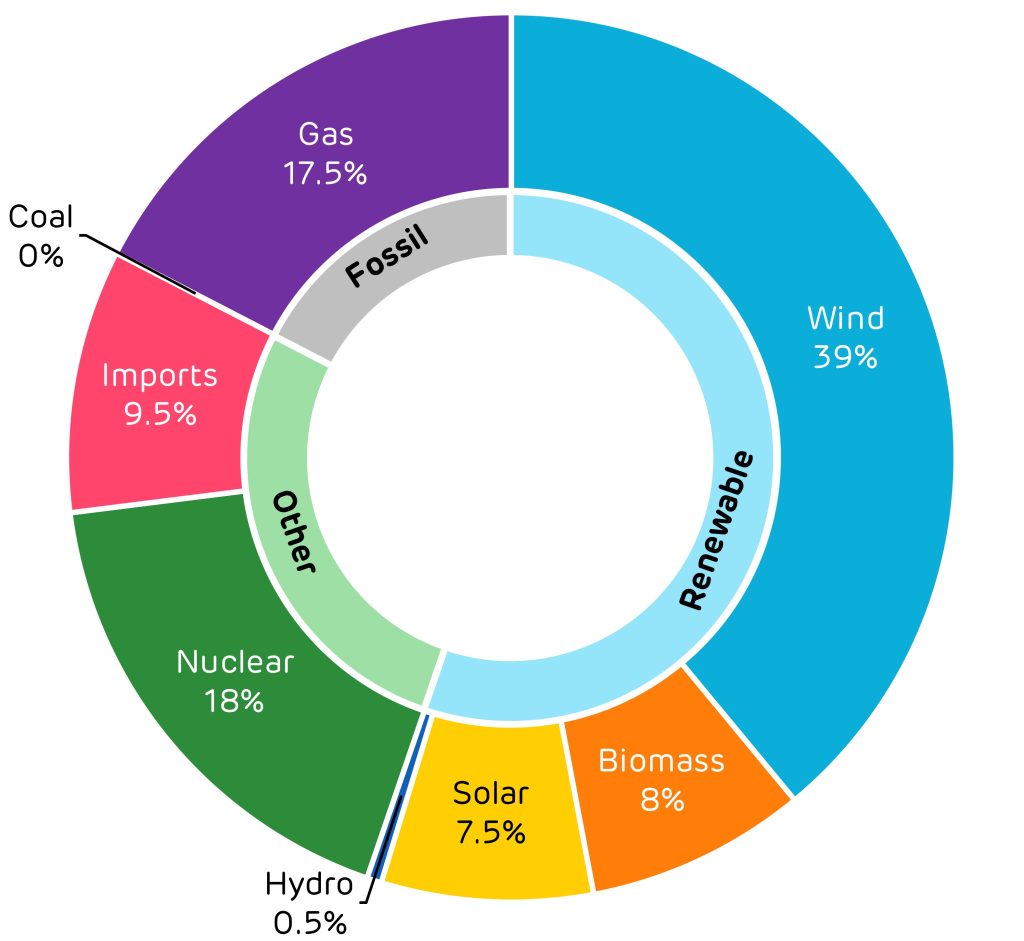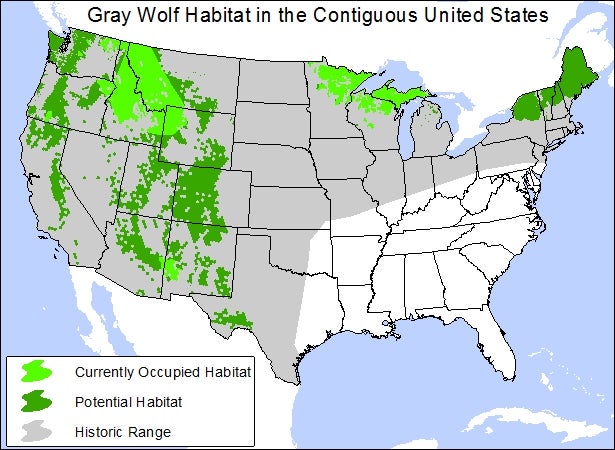Mongabay, one of the best websites about the natural world, has had one of its writers sued. This happened after the reporter in question reported on illegal deforestation by a Peruvian cacao company.
For this company, it appears that this is a decision that they have taken, having sued several other outfits in recent times. The suit has been thrown out. The company had also sued the 4 members of the local environment ministry, including the one which lead the prosecution of the company. This suit has been lost, but the company is appealing.
This sounds like extreme wrong-doing. If you are prosecuted and found guilty, clearly those who prosecuted are right.
Increasingly, companies that are involved in illegal acts will sue anyone who uncovers it – wrongful judgements can move them forwards, and even if not, the court process can keep everyone tied up for years – if anything survives of the forest at the end of that, it is surprising. The judgement for the original crime of destroying forest, was clear and final with 3 sentenced to prison for the “crime of illegal trafficking of timber forest products and aggravated obstruction of justice”. They also had to pay fines of over $4 million.
Unfortunately, despite overwhelming evidence all of the sentences were overturned by the supreme court – freeing the way for the attack on Mongabay. Indeed, 4 days after the original publication a notarized letter arrived requesting the article be corrected – in particular, claiming false claims were made in the article. Mongabay Latam published an article refuting each point in turn. Some of the points were absurd, with the company complaining about the turn deforestation being used – as they had not been found guilty of this. More foolishly, despite forest destruction being deforestation by definition, the website had only quoted one of the officials prosecuting.
This back and forth continued, but suffice to say their arguments are stupid: talking about logging and deforestation are completely interchangeable.
Stupid moves in court must be publicized, as only ridicule and financial loss will force companies like this to behave.
Thankfully, this website is not a big enough thorn to have to face similar suits, but that may come.

















